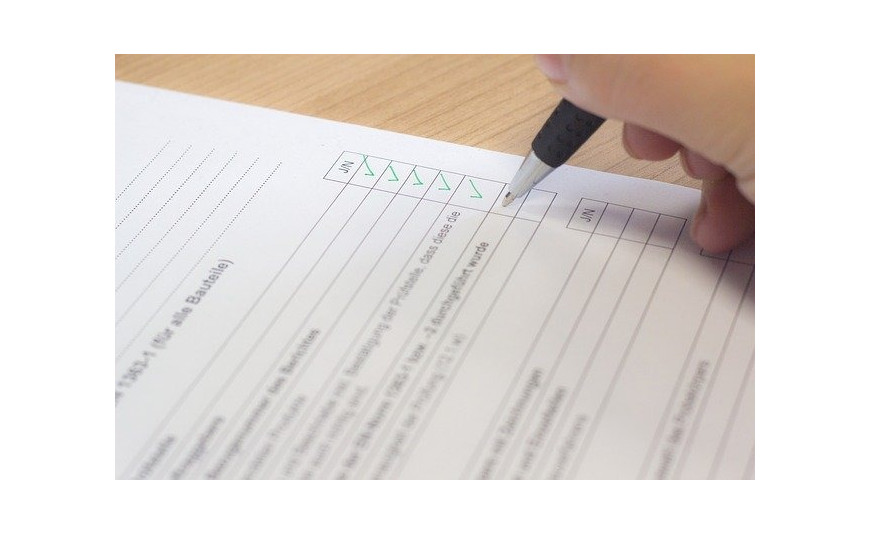COVID certification for the hotel industry: all you need to know about existing labels
- 05 Jun 2020
- News from the hotel industry
- 0 Comments

The European Union and the WTTC (World Travel & Tourism Council) are currently finalising the basic rules to ensure that hotels and tourist establishments can open safely. In the meantime, in recent weeks various COVID certifications have been proposed. Some certifications are official, others come from associations or are proposed by the hoteliers themselves. Even if, in the end, the control and security measures that each tourist imposes on himself will be the best keys to end the coronavirus.
It would be interesting to create a global hygiene standard for the entire tourism sector in the face of covid-19. We need to make sure that consumers understand what safety means in hotels, regardless of the establishment. Having a common global protocol would be a plus for guests. The WTTC protocols will make this same language possible for the benefit of all.
Different COVID Free certifications hotels are already starting to proliferate, an important point to make the summer of 2020 as good as possible for the tourism sector.
Covid certifications in the hotel sector
The hotel group Accor (Ibis, Novotel, Mercure, hotelF1, Sofitel, Pullman, MGallery, Adagio...) has set up a certification developed and approved by Bureau Veritas - one of the leaders in testing, inspection and certification (TIC) services: the Allsafe label. This label defines cleanliness and prevention standards for Accor hotels, but other chains and independent establishments may also be certified.
The B&B HOTELS group has chosen SOCOTEC to create a certification standard on hygiene, health and decontamination protocols for the COVID-19
The AvaniSHIELD resort group, for its part, has set up a programme for its 33 properties in 18 countries, which will progressively adopt a series of reinforced hygiene and disinfection standards to guarantee the health and safety of guests and team members.
The Union Nationale pour la Promotion de la Location de Vacances (UNPLV), which brings together the players in the French tourist furnished rental industry (Abritel, Airbnb, TripAdvisor, LeBonCoin, Se Loger Vacances, CléVacances, Interhome, Poplidays...) has signed an agreement with O2 Care Services, the French leader in personal services, to establish a health protocol for owners of tourist furnished properties. This protocol will enable owners to have clear and easily applicable rules, both for cleaning and disinfection of furnished accommodation, to guarantee the safety of holidaymakers.
In the USA, the American Hotel & Lodging Association has introduced an improved standard of health and safety protocols for the industry as a whole, developed in collaboration with public health experts to communicate good practice in coronavirus protection. Known as Stay Safe, this initiative aims to prepare U.S. hotels to welcome guests and employees back safely as the economy reopens. Safe Stay has been developed specifically to ensure increased safety for hotel guests and employees.
Marriott has launched the Global Cleanliness Council. Marriott's Global Cleanliness Council was launched with new standards that will reduce risk and increase safety for staff and guests at Marriott properties.
The hotel group has engaged internal and external experts in areas such as housekeeping, food safety, occupational health and engineering, among others, to develop new guidelines and procedures.
In Spain, the Institute for Tourist Quality (ICTE) has been responsible for drawing up the covid-19 risk prevention protocols for a total of 21 tourism sub-sectors: spas, hostels, rural accommodation, museums, golf courses, hotels and tourist apartments, restaurants, etc. And in collaboration with the State Secretariat for Tourism, it has launched the "Safe Tourism" label. According to the institution, this certificate is "voluntary for tourist companies, organisations and resources", as a guarantee that they comply with the protocols for the reduction of risks related to Covid in the tourism sector.
The Department of Culture and Tourism in Abu Dhabi has announced the launch of a "safe and clean" certification programme - the first of its kind in the region - aimed at raising and standardising cleanliness and hygiene levels in all businesses and organisations in the tourism sector.
Zero risk does not exist
At a time when the hotel industry is doing its utmost to adapt its cleaning and safety protocols, it is risky to talk about risk 0. Hotels may have protocols in place, but many factors come into play that are beyond their control.
We depend on the responsibility of employees and guests and, on the other hand, we should analyse the legal implications that could guarantee free space for VIDOC.
Each of us should therefore learn to act responsibly, because without personal application it will be practically impossible to guarantee spaces without viral load.










0 Comments